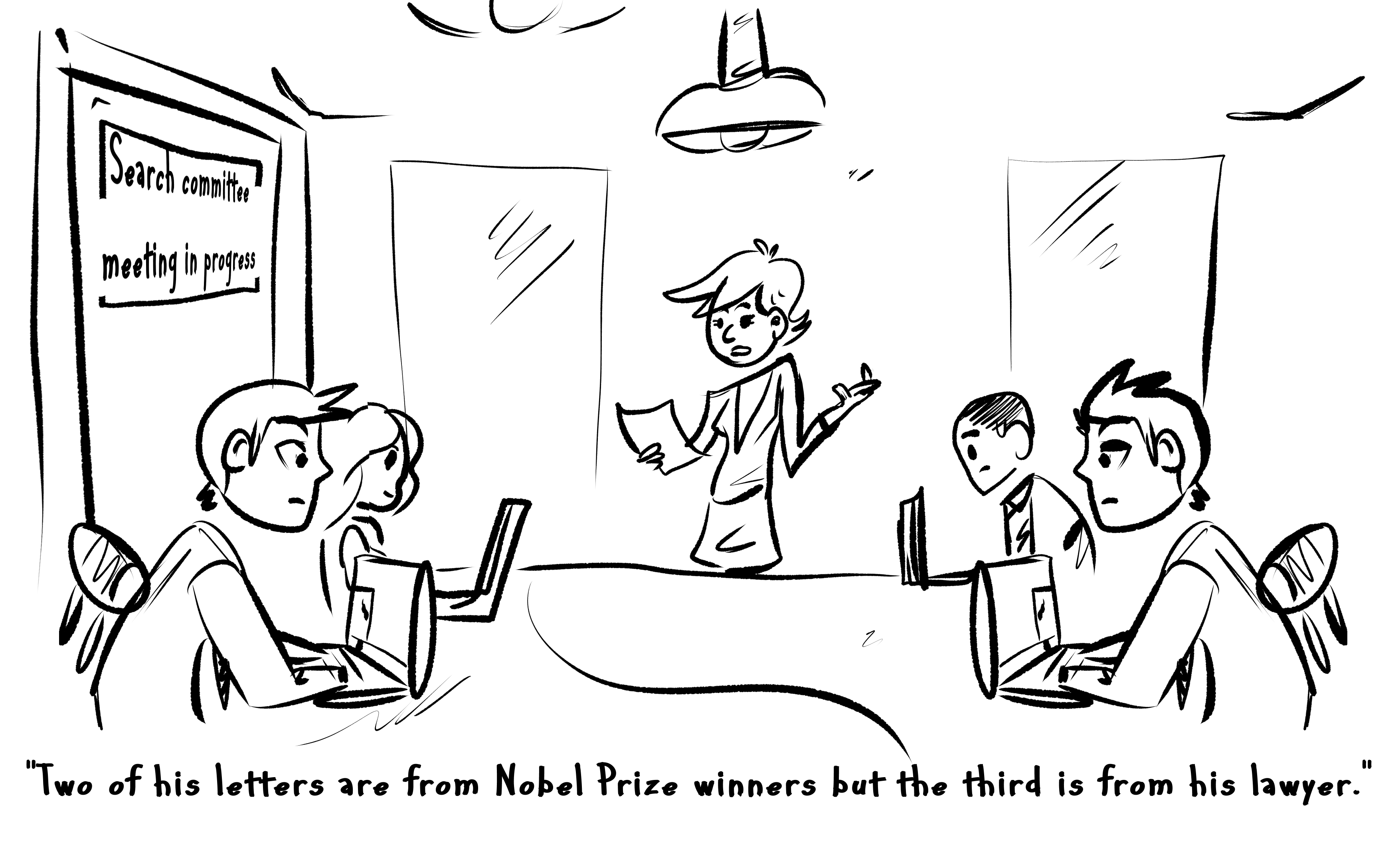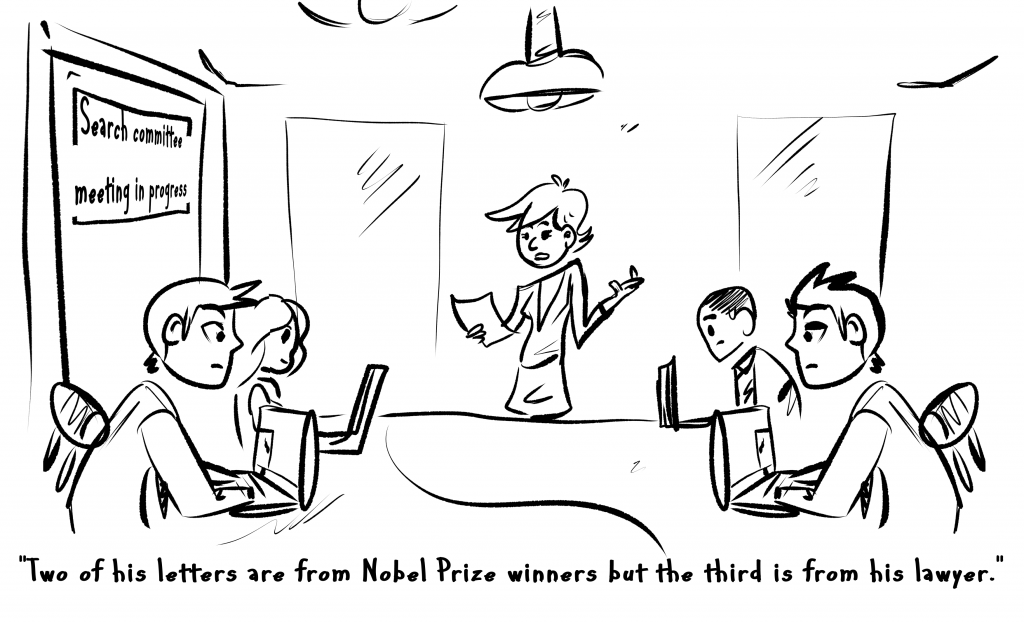 When I was 21, I spent a year in the Department of Biochemistry at the University of Cambridge, at the end of which I hoped to stay on in Cambridge for graduate work. The Biochemistry curriculum included a set of lab-based projects, and so I found myself one fine spring morning spreading E. coli onto agar plates. In front of me was my beaker of ethanol and a lit Bunsen burner, enabling me to sterilize my triangular glass spreading rod after each use.
When I was 21, I spent a year in the Department of Biochemistry at the University of Cambridge, at the end of which I hoped to stay on in Cambridge for graduate work. The Biochemistry curriculum included a set of lab-based projects, and so I found myself one fine spring morning spreading E. coli onto agar plates. In front of me was my beaker of ethanol and a lit Bunsen burner, enabling me to sterilize my triangular glass spreading rod after each use.
As sometimes happens with this procedure, one of the dunks into the beaker coated my rod with a bit too much ethanol, and following its ignition in the Bunsen, a drop of flaming ethanol fell from the rod to my benchtop. As I moved to attend to the tiny fire, my hand carelessly knocked over the entire beaker of ethanol, instantly covering my bench with what was now an impressive conflagration.
At the front of the lab stood the head of the department, quietly speaking with a couple of students. When he saw my bench engulfed in flames, he hurried over, and with a few well-directed puffs of lung-power quickly put out the fire.
The department head then wryly commented to me that his arrival in Cambridge to commence his professorship had been delayed when the Biochemistry building had burned down. But my concern was less about his moving on than mine: at the end of that day’s labwork I had been set to ask him to send a letter of reference to my hoped-for graduate advisor. Perhaps not surprisingly, I decided to postpone the request awhile to let him extinguish the lab fire from his memory.

I’ve been a little leery ever since of letters of reference. These ostensibly contain everything I need to know in choosing new grad students and postdocs—better, I’m sure, than spending $9.95 for a search on the Internet. I in turn provide in my letters everything future employers—including universities looking potentially to hire my postdocs as faculty members—need to know about those moving on from my lab.
Over the years I’ve come to realize that I don’t read or write these letters correctly. So in the interests of allowing both trainees seeking mentors and jobs, and mentors and search committees seeking those to hire, to better calibrate their choices for future matchups, I’ll give you some excerpts from letters that I had received and failed to heed. These may help you in your own deliberations.
“Let me sum up my overall take on Lewis, who is considering several possible choices for his postdoc: You would indeed be lucky to get him to work in your lab.” How true this statement turned out to be! And alas, how unlucky I was in never getting an honest day’s work out of Lewis.
“I should comment on whether Emma was a responsible member of my laboratory. As you have read above, Emma’s project was a complicated one, requiring the use of complex instruments, expensive reagents and, indeed, even toxic and combustible chemicals. Inevitably along the way, there were bound to be a few mishaps, perhaps even a small explosion or two. But in my candid view, Emma was always responsible.” Likewise, I later learned, she would be completely responsible in my own lab, and while insurance covered the bulk of the reconstruction, we did lose nearly a year of work.
“I’d like to point out that data analysis could sometimes be a real struggle for Rick, occasionally leading to outbursts of intense frustration – a bit surprising in one of our beginning computational students. Additionally, and perhaps you’ll forgive what seems like a petty annoyance with him, Rick’s axes were not always labeled.”
Later on in the letter, Rick’s referee commented on an “altercation Rick had with another graduate student, which escalated from a minor scuffle to a fearsome swing—fortunately that didn’t connect—with one of the sharp implements that were kept in the lab bay; we didn’t even know at the time whom these belonged to.”
By now, though, I had finally learned to read these letters carefully. When Rick joined us in the lab, he soon brought into his bay an extensive collection of baseball bats, truncheons, swords and—of course—several axes. On all of them, we insisted that he write: “Property of: Rick.”
Disclaimer: the Cambridge story is true; the rest, not so much. But nobody should blog too frequently about topics like poor funding prospects, especially on April 1st. For more lighthearted fare, check out my lab’s video for #IAmGSA https://staging.genestogenomes.org/next-to-a-fern-iamgsa/













